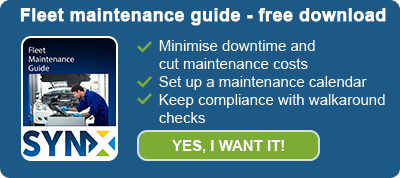
Fleet managers— the people responsible for running fleets—are often bogged down with innumerable responsibilities, rarely finding the time to properly assess their operation with a view to improving efficiency and the safety of their fleets.
Many consider vehicle tracking, as a possible solution for fleet issues and improving on productivity, but are daunted by the prospect of a painful transition from the old working practices.
Despite the fact that this technology is generally considered to optimise fleet management and cut costs, there are still popular misconceptions about vehicle tracking.
Let’s have a closer look at some of them and explain why they actually are, only, misconceptions.
1. Vehicle tracking is too expensive
It might seem like just an additional expense to you, but if you take into account the fact that most serious operators are continuously searching for methods to increase productivity and reduce costs, anything that might help you remain competitive must be an advantage. You cannot control certain factors such as fuel costs, but vehicle tracking can help you in moderating and improving on fuel consumptions. In the long run, it is more than likely to be far more expensive to run an inefficient fleet!
2. Small fleets don't need it
Everyone can benefit from vehicle tracking, no matter the size of the fleet. You might have only two vehicles in your running fleet, but you can still capitalise on the advantages other than a modest saving on fuel costs, such as the benefits of real-time information about delivery and dispatch to improve on customer service and the reduction in time spent on administrative tasks as a result of the new fuel-card integration data. And if you are serious about improving your business, you need access to all the right data first!
3. Implementation and learning takes too much time
Transition to a different system, such as vehicle tracking, might not be smooth initially and the changed accepted with some reluctance; it could take some time to get over the teething stage, but in a matter of days, maybe weeks, you will see results in the form of greater efficiency, simpler administration, less need for bothersome phone calls and lower fuel consumption...




